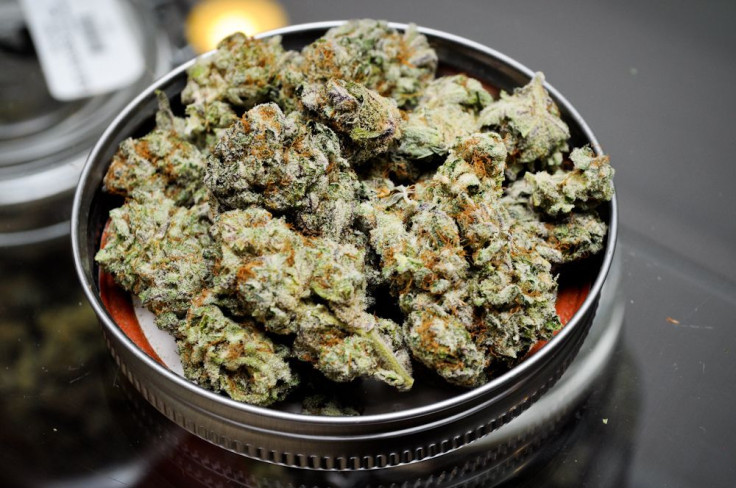From Marijuana Legalization To Delayed Forgetfulness, 5 Cannabis Victories In 2014

In 2013, the U.S. polling group Gallup found that for the first time ever, the majority of Americans approved the full legalization of marijuana. Today, that rate of 58 percent has fallen to a slimmer majority of 51 percent, but the legalization boom has picked up even more steam.
New Year’s Day marked the first day marijuana was legal in Colorado. From there, the plant only continued to make headway in both political and scientific circles. Here’s a look at some ways marijuana was the defining drug of 2014.
1. All The Stops In Colorado
Colorado’s full recreational legalization didn’t just give stoners an excuse to indulge in their habit (which it probably did in spades). It also marked the first concrete sign of political change. For years, the public had been pushing, as it still currently does, for looser regulations on marijuana — whether it’s for recreational use or as medicine. But limited access to a potential upside, mixed with residual stigma and fear, made the move difficult.
After decades of being caught in the loop of morality fueling legislation, science has managed to sway public opinion with facts. With Colorado’s financial boost and decreased crime, both economists and politicians are finally breathing a sigh of relief.
2. 4 More Onboard
The dominos have already started to fall in the wake of Colorado’s legalization. Since Jan. 1, three more states, Oregon, Washington, and Alaska, and Washington, D.C. have jumped onboard — a surefire sign that medical legalization isn’t the ceiling in the U.S. Some have even begun forecasting the next round of legalization in 2015, with fence-sitting states like Massachusetts, California, Missouri, Hawaii, and Maine poised to fall where the grass is green. With each state that shifts its position, the drug moves from outlawed substance (marijuana is still considered the most dangerous type of drug by the U.S. government) to potential therapeutic.
3. The War Is Over
Twenty-three states currently have laws on the books legalizing medical marijuana, but that number may skyrocket after Congress quietly broke ground with its Dec. 16 passage of a bill that prevents the Department of Justice from blocking new state laws.
“The war on medical marijuana is over,” Bill Piper, a lobbyist with the Drug Policy Alliance, told the Los Angeles Times. “Now the fight moves on to legalization of all marijuana. This is the strongest signal we have received from Congress [that] the politics have really shifted. … Congress has been slow to catch up with the states and American people, but it is catching up.”
4. Not An IQ Killer
Contrary to the deleterious effects of high school pot use, cannabis researchers have found in one October study no relationship between moderate use during mid-teenage years and decreased exam scores or IQ levels. Looking at the long-term marijuana use of over 2,000 kids as they aged from 8 to 15 years old, researchers from the University College London found casual marijuana use predicted equal scores on IQ tests and other intelligence exams. Heavy use — meaning it was consumed at least 50 times by the time kids reached age 15 — led to a three percent drop in test scores. In both cases, however, alcohol use predicted lower scores.
5. Slowing Alzheimer's Roll
Politics wasn’t the only new frontier for marijuana. In August, researchers from the University of South Florida discovered that low levels of tetrahydrocannabinol, or THC — the main psychoactive ingredient in cannabis — helped slow the harmful effects of brain aging that are associated with Alzheimer’s disease. The amyloid plaques that accumulate in the brain, which get turned into neuron-blocking tangles, were found to subside when THC was more present in subjects’ brains. THC also enhanced mitochondrial function, increasing energy production levels.
Published by Medicaldaily.com



























